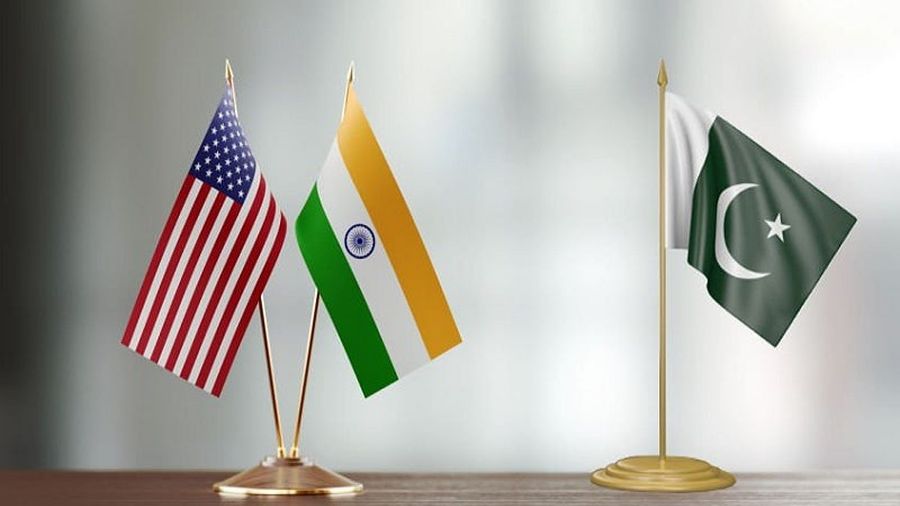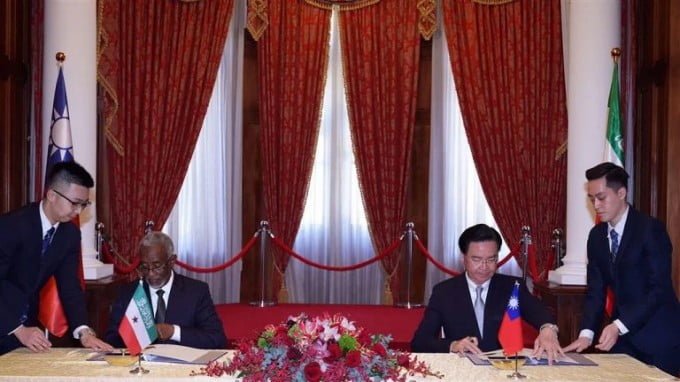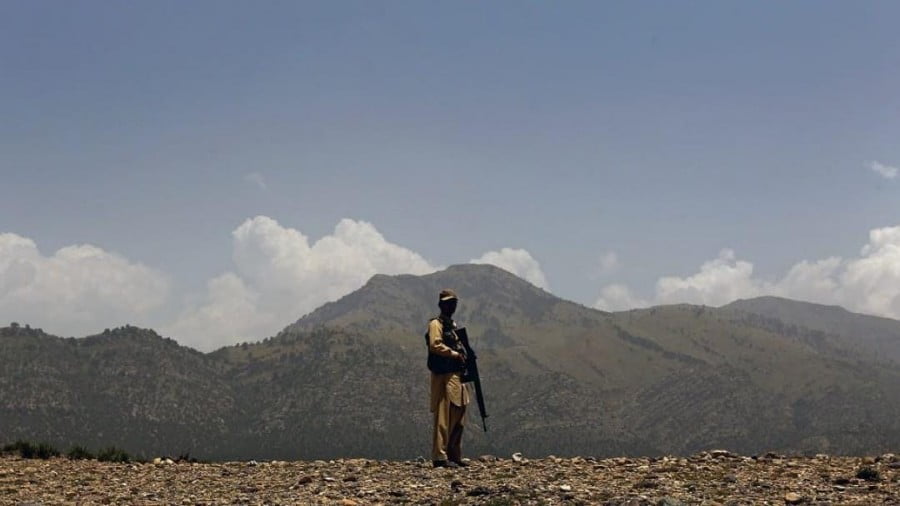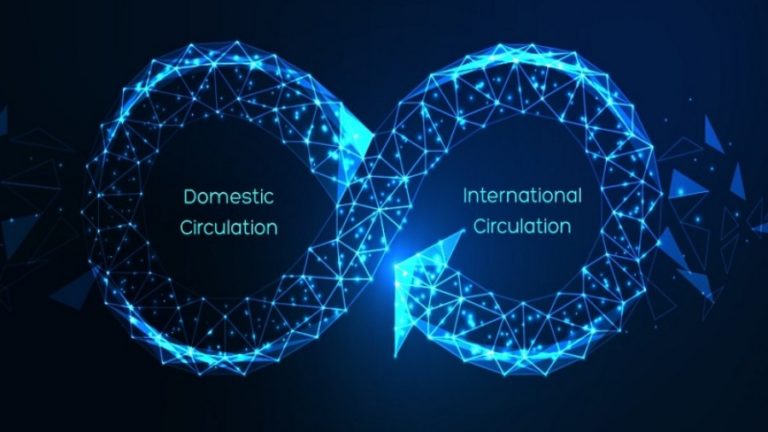The US Just Threw Pakistan Under the Bus Over Modi Despite Bilawal’s Anti-Iranian Rhetoric
Whoever advised Pakistani Foreign Minister Bilawal Bhutto-Zardari to endorse the US’ latest Hybrid War of Terror on Iran under the false pretext of virtue signaling support for its superficially feminist-driven unrest, since this professionally inexperienced person obviously didn’t do so on his own prerogative, made a major mistake.
Pakistani Foreign Minister Bilawal Bhutto-Zardari (BBZ) kissed his American overlord’s ring during his latest trip to the US by endorsing Iran’s anti-government riots despite them being none of Islamabad’s business only to be thrown under the bus by his patrons over Indian Prime Minister Modi. State Department spokesman Ned Price refused to endorse BBZ’s sharp criticisms of him and implied reaffirmation that America regards the Kashmir Conflict as bilateral unlike Pakistan’s multilateral stance.
This was a stinging blow to Pakistan’s post-modern coup regime, which was pushed into power as a result of America meddling in that country’s parliamentary processes that was undertaken to punish former Prime Minister Khan for his independent foreign policy. They thought that they could have their cake and eat it too, which in this context refers to advancing their regional interests at India’s expense as a result of voluntarily resubmitting their country to once again becoming the US’ vassal.
Whoever advised BBZ to endorse the US’ latest Hybrid War of Terror on Iran under the false pretext of virtue signaling support for its superficially feminist-driven unrest, since this professionally inexperienced person obviously didn’t do so on his own prerogative, made a major mistake. They seemingly thought that the US wouldn’t publicly challenge his sharp criticisms of Prime Minister Modi as a quid pro quo, but this miscalculation proves that they don’t truly understand their traditional overlord.
American-Pakistani ties have always been lopsided since the former has consistently subjugated the latter as its vassal. Former Prime Minister Khan sought to reform their relations by making them more equal and finally getting the US to treat his country with the respect that it deserves, yet that was precisely why its intelligence agencies engineered the regime change against him. Those who replaced him with a wink and a nod from Washington were that declining hegemon’s most loyal servants.
This explains why they didn’t think twice about advising BBZ to endorse Iran’s anti-government riots since they were driven solely by the desire to advance America’s strategic interests despite this being at the expense of their own country’s. Those same advisors naively expected that the US would reward them by remaining silent in the face of their Foreign Minister’s sharp criticisms of Prime Minister Modi, yet that was nothing but a delusion since they should have known that it would defend him.
After all, India has consistently sought all throughout this year to regularly recalibrate its geostrategic balancing act in order to maintain equal relations with all its partners, the US included. Despite defying Washington’s demands for Delhi to distance itself from Moscow, their strategic ties remain strong, unless of course the US decides to sell India out to China to sweeten the deal for a New Détente. That hasn’t yet happened and might ultimately not, hence why their ties can still be described as strong.
BBZ’s advisors might thus have also miscalculated the nature of US-Indian relations after having been misled by their rhetorical tit-for-tats across the past year over Russia into wishfully thinking that Pakistan’s recently restored fealty to that declining hegemon made it America’s top regional partner. While the US does indeed hope to exploit Pakistan in order to geostrategically reorient South Asia, India still remains the US’ top partner, especially since its New Détente with China is far from a fait accompli.
It can therefore be concluded that BBZ’s advisors made two fateful mistakes in one: they miscalculated the US’ “geopolitical generosity” to their post-modern coup regime as well as the nature of US-Indian ties, which is why they expected that selling Iran out would lead to the US selling out Prime Minister Modi as a quid pro quo. The consequence of these miscalculations is that Pakistan ultimately sold Iran out for nothing at all and actually ended up embarrassed after the US threw it under the bus right after.







